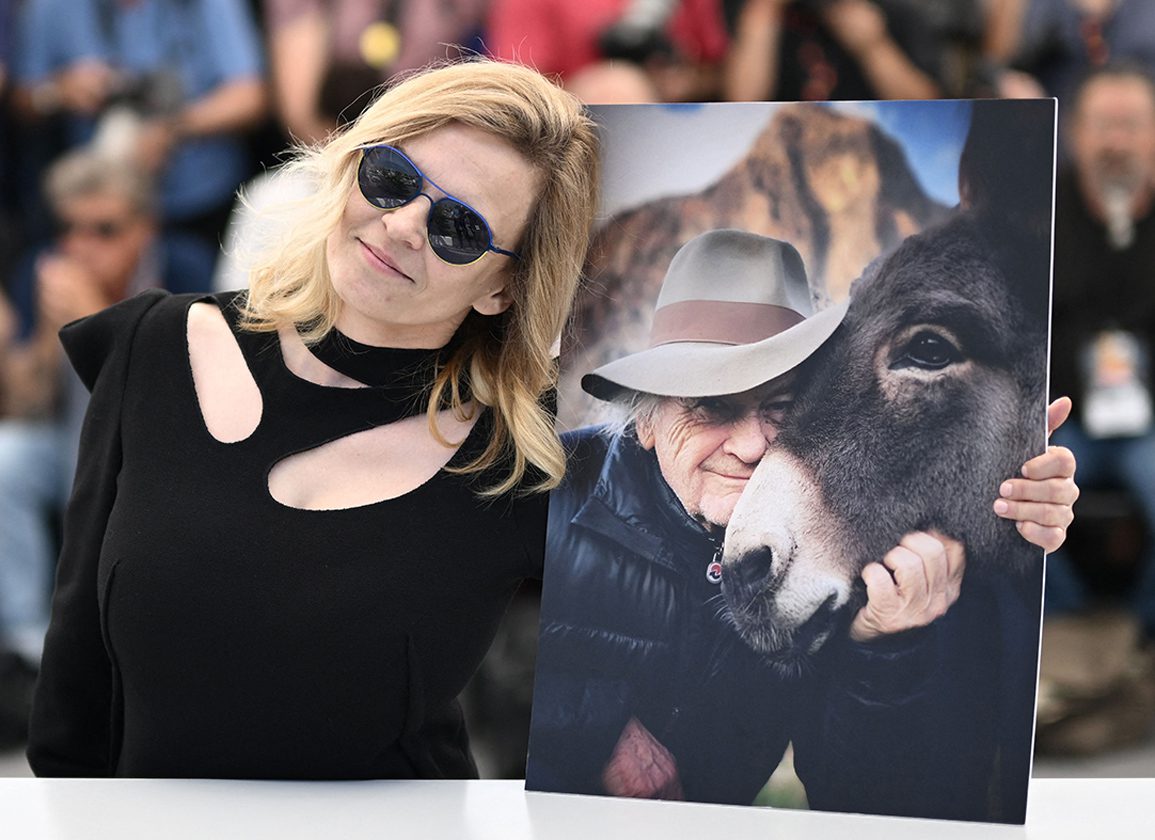By Chris McGrath
I must admit that this whole business of getting wiser as you get older is giving me a little trouble. Somehow I only seem able to nail one half of the deal–albeit, so far as that goes, I'm definitely making rapid, daily progress.
The only small increment of wisdom I can detect, meanwhile, is perhaps a rather unexpected one. Because while conforming to a dismal stereotype in becoming ever less flexible with age, in most of my habits and beliefs, I did at least sense some improvement in my levels of tolerance when considering the racing this Saturday.
In the past, I would have worn a coast-to-coast scowl. Looking east, we have a champion juvenile deliberately reserving until March the first of what will presumably be only two public appearances before the Derby. Looking west, we find the race that began its glorious history with the eye-watering status of “the Hundred Grander” offering 1/40th of a purse contested in Riyadh last week.
But you know what, I'm learning to live with all that. The world changes, and even on the Pacific shore the water can get pretty cold round your waist if you just stand there trying to turn back the tide. After all, while a couple of horses that would historically have been tailor-made for the Big 'Cap instead went to the desert, the race has still drawn a deep and competitive field. And if modern trainers want to renounce the old school in preparing their Derby horses, then that's their prerogative. The beauty of this game is that whoever's right, or wrong, we have a proving ground where we can settle all differences without rancor. With racehorses, the only rule is that there are no rules.
(To listen to this column as a podcast, click the arrow below)
Except one. Which is that whatever we ask any animal to do, we must always retain a clear conscience. With that in mind, then, allow me to recommend a way to refresh our sense of what is really meant, when diametrically opposed positions on HISA both claim to represent the best interests of the horse.
This week I was fortunate to catch Jerzy Skolimowski's movie EO, which has deservedly won an Oscar nomination for best foreign film. If you haven't yet seen it, you should. Unusually, the central character does not have a single line. He is, in fact, a Polish donkey. Actually, as with Seabiscuit–a Big 'Cap winner, don't forget!–the role is shared by half a dozen animals. But the true diversity sampled through his odyssey is found in ourselves: in our power over animals, and the ways we exercise it.
The film charts the full spectrum, from devotion to brutality. (Though, be warned, the most lurid moment of butchery actually occurs among human beings). Throughout, aside from occasional braying, the donkey naturally remains mute and inscrutable. And while Skolimowski brilliantly stretches the medium to offer him feasible perspectives, ultimately even the most lingering close-up of the donkey's eye cannot penetrate the mysteries lurking in that dark pool. Even so, he achieves an irresistible accretion of dignity simply in the stoical absorption of serial crises in his journey through life.
Interestingly, for our community, he spends an early chapter of his career in a stable housing expensive, lovingly groomed sport horses (whose beauty, by the way, is captured in haunting fashion). Few of us would hesitate to use the adjective “noble” in contrasting our Thoroughbreds with a stumpy, stubborn donkey. But this film transcends such castes, disclosing a fragile sublimity in all life, and demands scrupulous attention to the margin dividing use and abuse of animals. EO won't necessarily make you vegetarian, but it should definitely make you prepared to pay extra to know that your sirloin has a biography that squares with your conscience.
Most people working in our industry can be proudly credited with the same loving engagement that EO encounters, through human charity, in a donkey sanctuary and a veterinary hospital. But while HISA has caused virulent polarization in the interpretation of “welfare,” you would very soon know what truly animates a person if you were to sit down together and watch this film. In fact, maybe we should say that nobody gets a license unless tears are perceptibly welling as the credits roll.
And that's where I draw the line; that's where I retain all possible intolerance. You want to dope your horse so that it doesn't hurt? That is NOT humane. That just means you want to drive him past his red lights.
But make no mistake, that kind of specious logic also shows why our collective responsibility actually starts with the breeders. When we mate horses, our priority should be to produce foals that will be comfortable with the tasks awaiting them.
And that, in turn, is why we cannot permit physical vulnerabilities to be masked on the racetrack. Obviously such regulation has a more immediate purpose, simply in protecting horses from imminent peril. But unless and until we get the pharmacists out of the shedrow, the market will keep rewarding the production of horses that lack such notoriously “uncommercial” attributes as durability (and its ancillary, stamina).
A guy with a needle at the racetrack may be at one extreme, but complicities extend even to that point where good-hearted people who wouldn't harm a fly, never mind a donkey, are right now choosing a mate for their beautiful Thoroughbred mares.
It's chicken-and-egg. People will breed sturdy, robust horses if other people will pay for them. And people will do that if regulation makes such horses essential. Who knows, maybe they will turn out to be exactly the kind of horses that Kentucky has for a generation or so been wilfully discarding to Japan. (And we saw once again, in the desert last weekend, how that is working out).
Producing and preparing a Thoroughbred naturally competent for its vocation is a humane duty–and one that we all share, stubborn as a mule. Because if our industry can't get wise, it can forget any ideas it may have about becoming much older.
Not a subscriber? Click here to sign up for the daily PDF or alerts.






